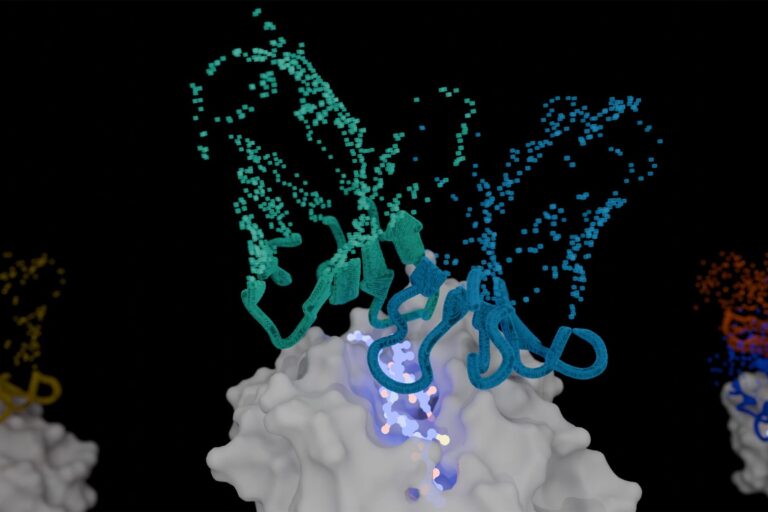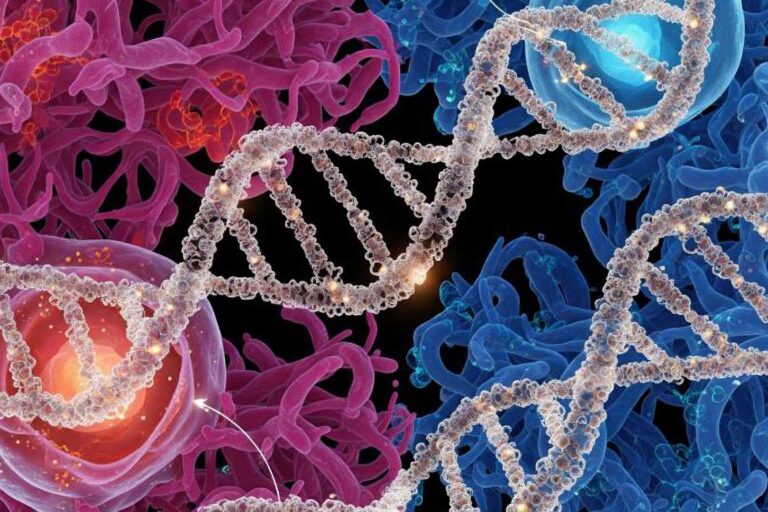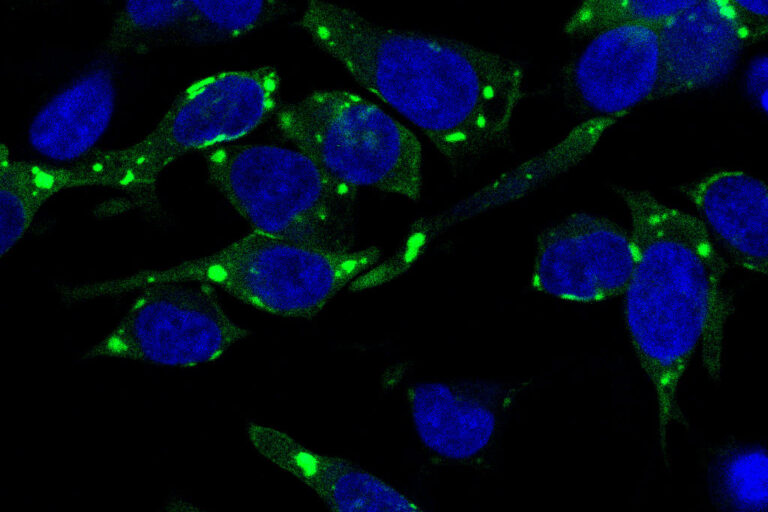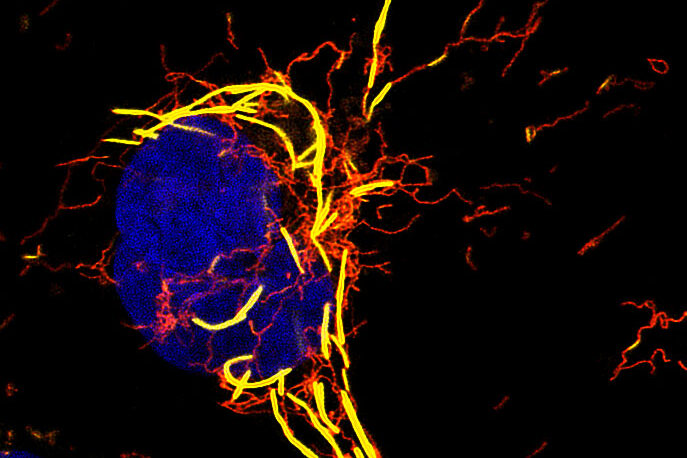- Home
- /
- Scientific divisions
- /
- Integrative Biology
- /
- Molecular and Cellular Sociology
LNBio’s Molecular and Cellular Sociology Group is dedicated to the study of functional interactions between molecules and cells within the native tissue environment, with a focus on understanding the mechanisms that sustain the progression of diseases such as cancer. This group investigates how proteins, enzymes and molecular complexes are organized spatially within cells, and how these structures shape cellular and intercellular behavior, especially in pathological contexts.
The use of advanced approaches like three-dimensional cultivation of tumor organoids makes it possible to faithfully reproduce human tumor microenvironments. These models are essential for evaluating conventional chemotherapy and developing personalized treatment strategies, with special attention to cases of refractory tumors, where the available therapies have low efficacy.
This research group also explores microfluidic-based platforms to simulate metastasis and cellular interactions in controlled environments. It combines these technologies with molecular biology and biochemistry tools to investigate metabolic adaptations, immunosuppression and the quinary structure of enzymes directly in cells.
The goal of the Molecular and Cellular Sociology Group is to help advance more effective therapies by understanding how tumor cells and immune cells interact and influence the tumor microenvironment, at the molecular scale. Based on this knowledge, the group looks for intervention strategies that can be translated into concrete clinical benefits for patients.





